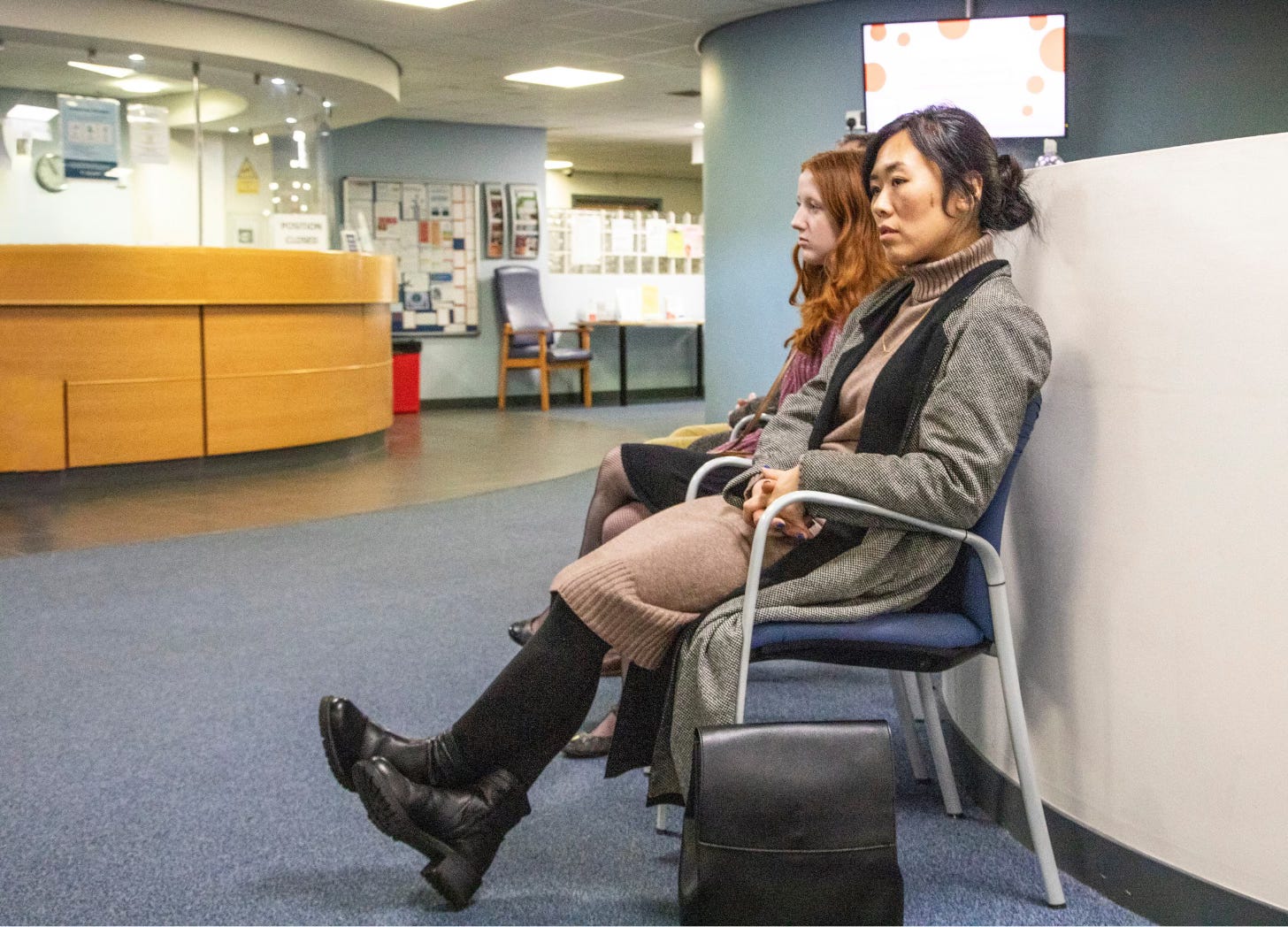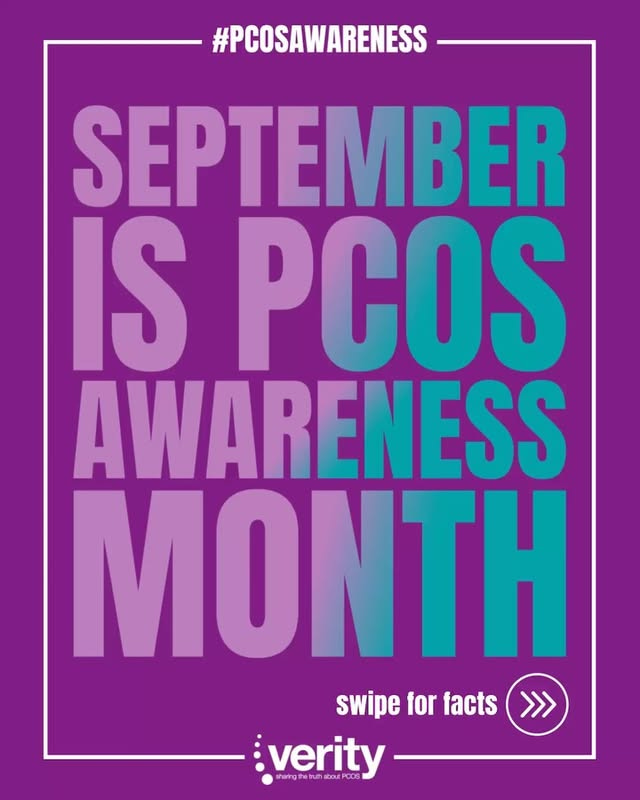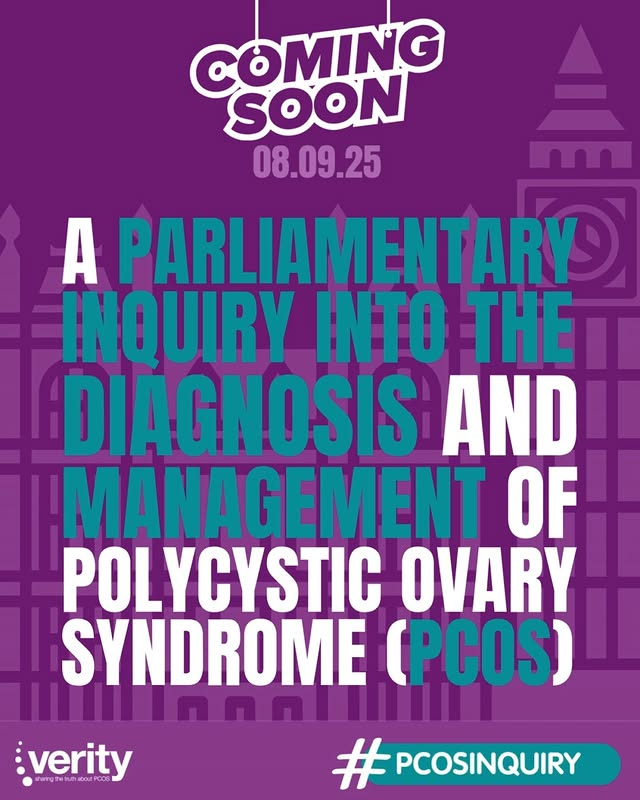Women with PCOS in the UK face failures in care
New parliamentary report highlights systemic failings in women’s health.
Women in the UK living with polycystic ovarian syndrome (PCOS) are facing long delays in diagnosis, inconsistent treatment, and a lack of support from healthcare providers, according to a new parliamentary report.
The condition, which affects around one in eight women of childbearing age, is often dismissed or treated narrowly as a fertility issue, despite its wide-ranging impact on physical and mental health.
Years of Waiting for Answers
The inquiry, published by the All-Party Parliamentary Group (APPG) on PCOS, reveals stark statistics: more than a third of women waited over four years to receive a diagnosis. Even after being diagnosed, almost two in five (38%) said they were given no resources or guidance to help them manage the condition.
PCOS symptoms can include irregular periods, hormonal imbalances leading to excess facial or body hair, polycystic ovaries, and long-term risks such as insulin resistance and cardiovascular complications.
Despite this, only 3% of patients reported feeling supported by their healthcare providers. Alarmingly, nearly a third (28%) felt dismissed or not taken seriously.
“Sidelined in Policy, Overlooked in Funding”
Michelle Welsh, Labour MP for Sherwood Forest and chair of the APPG, warned that PCOS is emblematic of wider systemic issues.
“PCOS affects one in eight women and those assigned female at birth, yet for too long it has been sidelined in policy, overlooked in funding, and misunderstood in practice,” says Welsh. “This report sets out a clear and urgent case for reform. If we are serious about improving women’s health, we must act now to break the cycle.”
Inequalities in Care
The report also highlighted striking inequalities. Women from Black and Asian backgrounds are up to 2.5 times more likely to be diagnosed with PCOS. Many also present with more severe symptoms such as insulin resistance, raising questions about whether bias and systemic inequality play a role in how their conditions are managed.
Dr Itunu Johnson-Sogbetun, GP and founder of the Royal College of GPs’ Women’s Health Special Interest Group, said the findings reflect what many already know from lived experience.
“Care is fragmented, diagnosis is delayed, and long-term risks are too often ignored. PCOS is a multisystem condition, yet the NHS frequently treats it narrowly as a fertility or gynaecological issue,” notes Johnson-Sogbetun.
She added that the absence of national care pathways, coupled with a lack of NICE guidance for primary care, has created a “postcode lottery” for women with PCOS, leaving their access to treatment dependent on geography and individual clinicians’ judgement.
Related articles
“A Barometer for How We Value Women’s Health”
For campaigners, the inquiry is not just about PCOS, it’s a mirror held up to the state of women’s health in the UK.
Rachel Morman, chair of the PCOS charity Verity, described the report as a wake-up call.
“While this inquiry is about PCOS, it really is a barometer for how we value and prioritise women’s health across the entire system,” she says. “For a condition affecting millions across the UK, with a significant cost burden to the NHS when not managed proactively, this level of neglect is unacceptable.”
Government Response
The Department of Health and Social Care acknowledged the failures, pointing to ongoing efforts under the Women’s Health Strategy, including millions of extra appointments, tackling gynaecology waiting lists, and updating guidance on PCOS treatment.
But for the millions of women living with PCOS, the report is a reminder of how far there is still to go. Recognition, resources, and reform are urgently needed—not just for PCOS, but for women’s health as a whole.
For more information on PCOS visit the NHS website and for support head to www.verity-pcos.org.uk.








Things are just as frustrating here in the US.